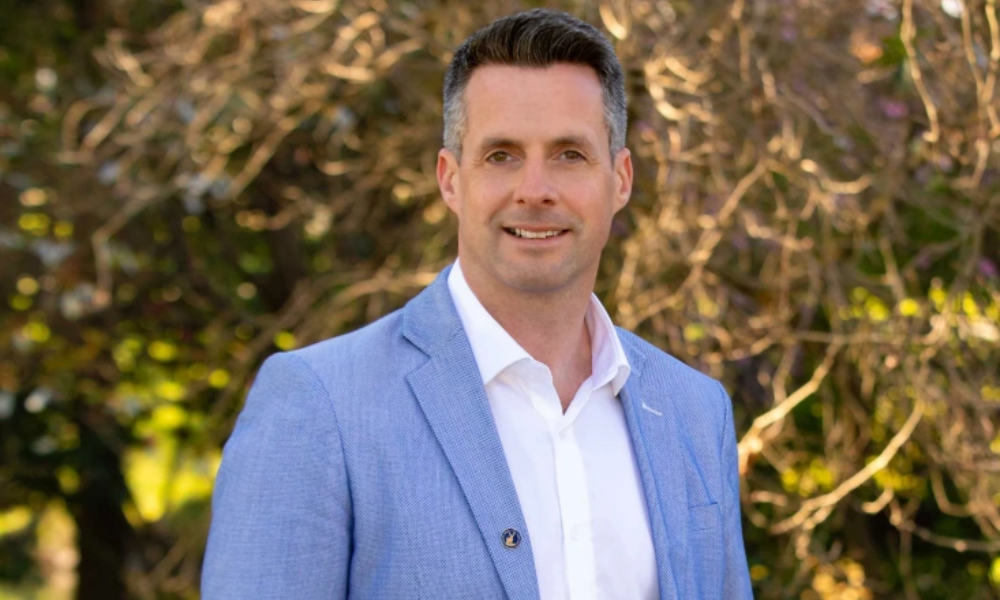K3 Legal's Harriet Krebs and Chantel Goodman examine the concerns around the immunization of children

With vaccinations underway for anyone aged five years and over, family lawyers have experienced a surge in guardianship applications relating to the vaccination of children. This is only set to rise with the rollout of vaccinations against COVID-19 for children aged between five and eleven, which commenced on 17 January 2022.
The Care of Children Act 2004 (COCA) outlines the duties, powers, rights and responsibilities of a guardian. These responsibilities include the determination of important matters that affect a child. Important matters encompass medical decisions that are non-routine in nature. While the COCA does not define ‘routine’ or ‘non-routine’ medical treatment, the Family Court has determined that vaccination is a non-routine medical treatment. The practical implication of this is that both guardians either need to jointly agree to the child’s vaccination, or jointly agree that the child should not be vaccinated.
Where guardians cannot agree, applications can be made under section 46R of the COCA for guardianship directions. This essentially puts the decision in the hands of the Court after consideration of the parties’ positions. Whenever a guardianship decision is made, the primary consideration is the best interests and welfare of the child. There have been recent Family Court decisions where the Court has been asked to determine whether a child should be vaccinated in accordance with the Ministry of Health immunisation schedule when the guardians cannot agree. The Court has emphasised that in making these decisions, the individual circumstances of each child must be taken into account. The Court is also required to take the child’s views into account, although those views do not determine the issue.
Latest News
In GF v Chief Executive of Oranga Tamariki – Ministry of Children [2020] NZFC 8449, it was noted that children should not simply have the immunisation schedule applied; however, in this instance where no medical or expert evidence had been produced nor any specific health or personal factors submitted as to why the immunisation schedule should not be applied, it was determined that it was in the child’s welfare and best interests to receive the Ministry of Health vaccination schedule. This decision was made subject to the child’s GP agreeing that it was in the child’s welfare and best interests, and if so, was to be administered following a vaccination plan to be developed by the GP.
In Lawson v Pugh [2019] NZFC 5092, both parties provided medical advice, with the father’s coming from the Department of Health and doctors. The Judge noted there is no blanket law in New Zealand requiring all children to always be vaccinated, and the welfare and best interests of the child must be the paramount consideration in making the decision. In this instance the Judge directed an independent medical report from a specialist immunologist to examine the specific issues relating to the risks and benefits for the child.
The trend of the Family Court in recent decisions determining vaccination disputes has been to follow the Ministry of Health Guidelines. This does not mean, however, that the Court will automatically direct the child to be vaccinated. The Court will consider the wellbeing of each individual child and their interests and circumstances before making a determination.
There is little case law on the application of guardianship directions to the COVID-19 vaccination. Disputes have proceeded through the Family Courts and decisions are likely to be released in the very near future.
In the meantime, the government is set to face additional challenges with a group of parents seeking to revoke the provisional consent granted by Medsafe for a paediatric version of the Pfizer vaccine to be given to children aged between five and eleven. The group claims that the benefits of the paediatric Pfizer vaccine do not outweigh the risk of harm and that the health of the children should have been the main factor in Medsafe’s decision. The group also called for a full judicial review of the provisional consent process used to determine the safety of the vaccination for children of this age group. Justice Ellis declined the plaintiffs’ request for the rollout to be halted before the interim hearing scheduled for 27 January 2022. A date for the full judicial review has not yet been set. Currently, children aged between five to fifteen are not eligible for booster vaccinations to protect against COVID-19.
If you require assistance navigating a difficult vaccination decision with your child’s other guardian, please contact us.
This article was provided by K3 Legal
Harriet Krebs works predominantly in criminal litigation and family law, with an interest in environmental matters.
As a PAL1 Legal aid provider, Harriet is quickly growing her legal criminal list of accomplishments. Under the supervision of K3 Legal Director, Julie Ding, Harriet has been the junior in a murder trial, which resulted in a not guilty verdict. She has also twice appeared in the Court of Appeal as a junior.
Within Harriet’s family law remit, under experienced family law expert Toni Brown, Harriet has experience in mediations, including relating to relationship property and maintenance, and childcare arrangements. She has also been involved in an extensive multi-jurisdiction relationship property case extending to the USA, and across both the Family and High Courts in New Zealand.
Following her graduation from Otago University, Harriet interned at Blackstone Chambers. She has also assisted in some high profile New Zealand criminal cases, including assisting with research for Teina Pora legal team.
Chantel Goodman works predominantly in the field of trust law with experience in setting up complex trust structures and advising on the implications of the Trusts Act 2019. Her other areas of interest include commercial law and relationship property law involving trusts and companies. While completing her legal studies, Chantel worked as a research assistant to the Dean of Law at Otago University, gaining invaluable research experience which she has since used to assist in High Court proceedings.
Prior to joining the K3 Legal team, Chantel worked for a boutique trust law firm where she was involved in all trust related matters including corporate trust structures and foreign trusts. Chantel holds a LLB from Otago University as well as a BBS(Hons) degree from Massey University.






